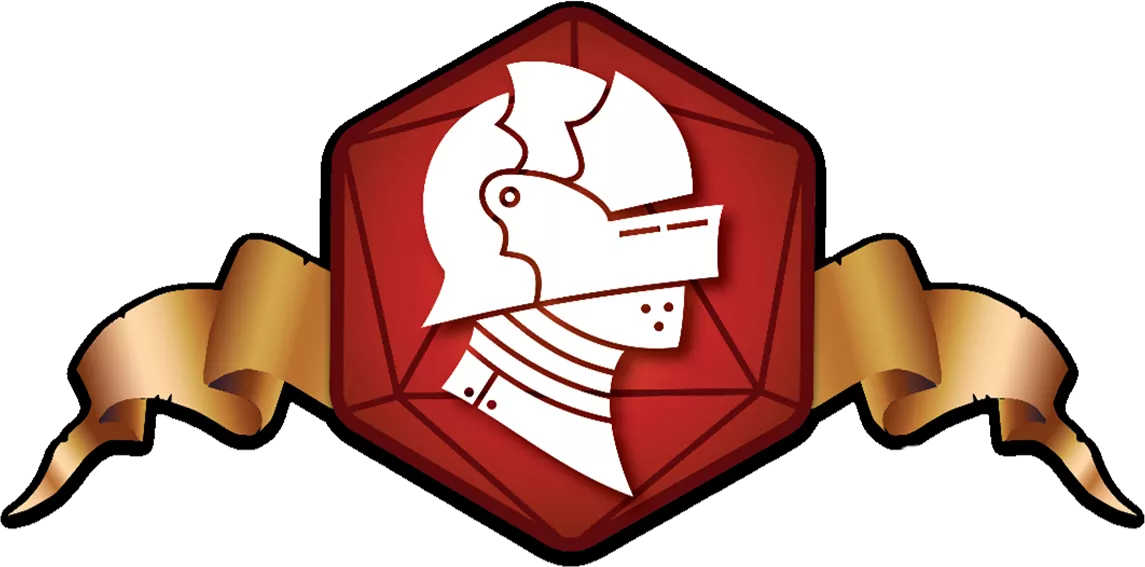
Social Skills Programs FAQ
Who are Knights of the Shed Social Skills Programs For?
Knights of the Shed’s social skills programs are designed to support youth and young adults who may face challenges in social situations, particularly those with:
Autism Spectrum Disorder (ASD):
Our programs provide a safe and structured environment for individuals with ASD to practise social interaction, communication, and emotional regulation skills.
Attention Deficit Hyperactivity Disorder (ADHD):
The programs incorporate strategies to manage focus, attention, and impulse control, which can impact social interactions for those with ADHD.
Anxiety:
We create a safe space for individuals with social anxiety to gradually build confidence and social skills in a supportive environment.
Other Needs:
In consultation with the program psychologist and program manager, our experienced therapy assistants can tailor the program to address the specific needs of individuals with a wider range of challenges that may impact social interaction.
Here are some signs that a Knights of the Shed social skills program might be beneficial:
- Difficulty understanding social cues or nonverbal communication.
- Challenges with making friends or initiating conversations.
- Difficulty managing emotions in social situations.
- Struggles with turn-taking, sharing, or following social rules.
- Feeling overwhelmed or anxious in social settings.
Additionally, Knights of the Shed programs are a great fit for young people who:
- Want to connect with others who share similar interests.
- Enjoy tabletop games and role-playing activities.
- Are looking for a fun and engaging way to learn and grow their social skills.

Get in Touch
If you’re unsure whether a Knights of the Shed program is right for you, we encourage you to contact us for a consultation.
What does the program include?
At Knights of the Shed, we understand that social interaction can be challenging for some individuals. That’s why we offer social skills lessons and activities that are not only fun and engaging but also specifically designed to target executive functioning skills, which are essential for navigating social situations effectively. Lessons, activities and supporting resources are utilised and reinforced in all small group activities. Each session has a Social Skills Instructor responsible for delivering the whole group lessons and providing additional scope for 1:1 or small group support as required.
Our Program Educational & Developmental Psychologist oversees the service which is underpinned by psychological frameworks. Executive Functioning Skills are at the centre of our approach and assessment.
Our Approach
We take a multi-faceted approach that incorporates a variety of evidence based resources, tools, and strategies to support participants:
Executive Functioning Skills
- Planning and Problem-Solving: Games and role-playing scenarios help participants think ahead, consider different options, and develop solutions to social challenges (e.g., “Approaches to Conflict Styles” helps identify different ways to address disagreements).
- Focus and Attention: Activities with tools such as “The Size of My Problem” and “Talk Time”help participants categorise and prioritise their concerns, improving their ability to focus on relevant social cues.
- Organisation: Visual aids like “The Way to A” charts and Comic Strip Conversations can guide participants through social interactions step-by-step, promoting a more organised approach.
- Emotional Regulation: We incorporate resources that include the “Zones of Regulation” framework, along with tools like Volume Metres and Sensory Cards to help participants identify their emotions and develop healthy coping mechanisms. Stop Mats and a downtime space with visual timers provide structure for taking breaks and expressing needs constructively.
Social Skills Curriculum
We utilise a mix of existing resources such as “A 5 is Against the Law” (Kari Dunn Buron), Social Thinking ® Methodology (Michelle Garcia Winner) and The Program for the Education and Enrichment of Relational Skills (PEERS®, Dr. Elizabeth Laugeson) to teach social-emotional skills like perspective-taking, emotional regulation, and social interaction.
Additional Resources:
- Communication Tools: We use tools like our “Godzilla” talking stick or Name Cards to facilitate turn-taking and focused communication.
- Time Management: Along with a heavily scaffolded and routine transition schedule, visual tools like Time Timers help participants manage their time expectations during program focus and interactions.
- Sensory and Regulation Tools: We provide fidget toys, wobble stools, and other sensory tools to support participants who may benefit from additional sensory seeking regulation strategies.
Benefits:
- By incorporating these resources and targeting executive functioning skills, our social skills lessons and activities help participants develop the tools they need to:
- Understand and manage their emotions.
- Communicate effectively and listen attentively.
- Plan and solve problems in social situations.
- Build stronger relationships with others.
- The structure of a session is as follows, please note that Kids Programs are half the duration of Teens and Young Adults sessions so they do not have a structured break and the format differs slightly to the example shown as a result.
| TASK |
|---|
| Social Skills Focus and Small Group Goal Setting |
| Small Group Activity |
| Structured Break |
| Transition Activity & Small Group Goals check |
| Small Group Activity |
| Small Group Goals check & feedback to whole group |
| End |
Knights of the Shed is committed to creating a safe and supportive environment where individuals can learn and grow their social skills.

What are the Small Group Activities?
Our small group social skills sessions are activity based and the current selection of activities are:
Small groups are usually a maximum of 5 participants to 1 TA and we can accommodate up to 4 groups in any given session.

Get in Touch
If you have any questions about accompaniment or the transition process, please don’t hesitate to contact Knights of the Shed.
